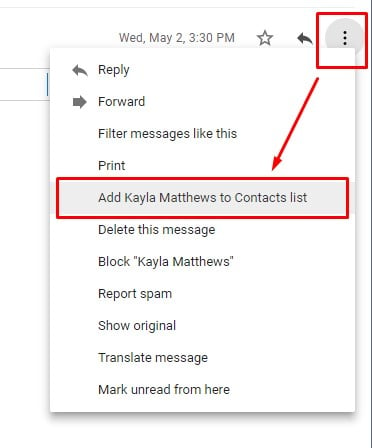
Google’s goal is clearly to keep a user’s inbox as clean as possible. Gmail’s spam filters have become aggressive.

Sam Debord, a Seattle Realtor, discussed this situation just a couple of weeks ago: By that act, Gmail may decide you think it’s all spam, and will forever filter it out. Graymail is all those newsletters, catalogs, coupons, and other mail most of us opt-in for (or forget to opt-out of) that often just pile up and clutter our Inbox, until one day, we just delete the lot.

Graymail, too, is being aggressively purged. The spam filtering affects both commercial and consumer accounts equally, explaining why you may be hearing - or NOT hearing - from clients about the resumes you’ve been sending, or the job orders they’ve been sending.Īttachments, it turns out, get special scrutiny from Gmail’s filters. In addition to consumer accounts, Gmail is the commercial mail provider of choice for 5 million businesses, making it the largest mail service in the world.

This is no small issue: With 425 million users as of June 2012, Gmail has almost as many users as the next two largest services - Hotmail and Yahoo! – combined. Months ago, Google tightened up its filtering algorithms and ever since Gmail users have been complaining about its too aggressive filtering. Unless you invariably use webmail, and religiously check its junk folder, I can almost guarantee you are missing emails that no one would ever think are spam. Unlike your kitchen sink, your desktop spam filter is almost certainly the second (or even third) system disposal for email. Both will also suck down the occasional thing you do want, like a misplaced ring, or an email from a friend who uses exclamation points like a kid eats candy and doesn’t know enough not to capitalize every other word.Īnd, from time to time, both need attention.

Spam filters and kitchen sinks have some things in common.īoth suck down the waste you don’t want.


 0 kommentar(er)
0 kommentar(er)
